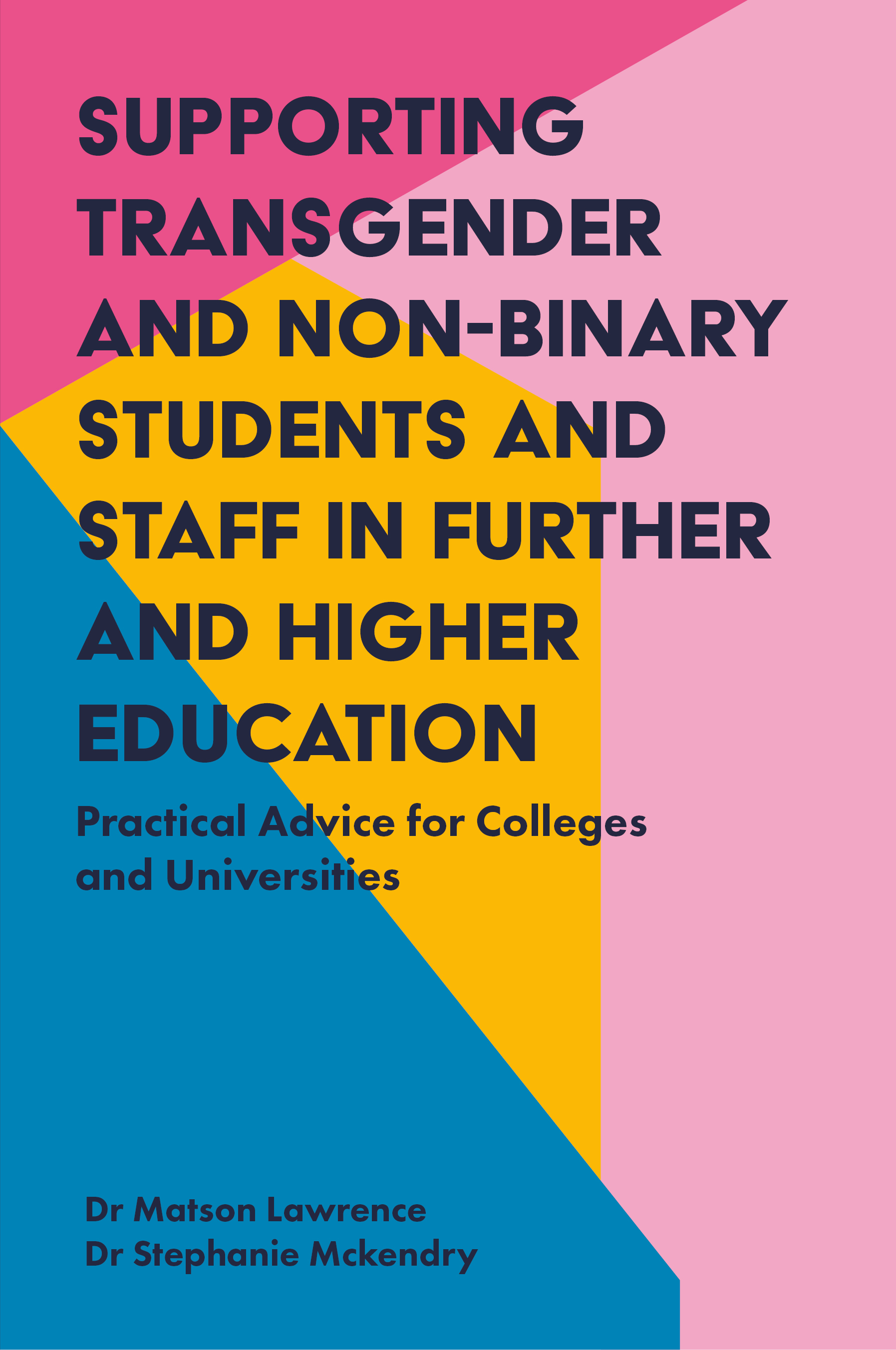We take a research-informed approach to access and participation, leading and participating in research projects alongside academic colleagues within the University and the wider community. Please find our latest publications below.
Widening Access Transitions to Postgraduate Study, Rowena Piers, Al Blackshaw, Dr. Manuela Williams and Nicola Sutherland, October 2019
Reflecting upon the previous research undertaken in 2015/16 into the transition experiences of Widening Access students within the School of History, colleagues from the Widening Access Team, Careers Service, and the Faculty of Humanities and Social Sciences came together to secure funding to expand the research into postgraduate transitions. In 2019 a Research Assistant was employed on a part-time basis for 6 months, to specifically investigate any potential barriers - real or perceived - that may prevent WA students from embarking upon postgraduate studies. Some of the findings are available via the slides below:
Widening Access to Postgraduate Study 2019
Supporting Transgender and Non-Binary Students and Staff in Further and Higher Education, Dr Matson Lawrence and Dr Stephanie Mckendry, forthcoming early 2019, Jessica Kingsley Publishers
